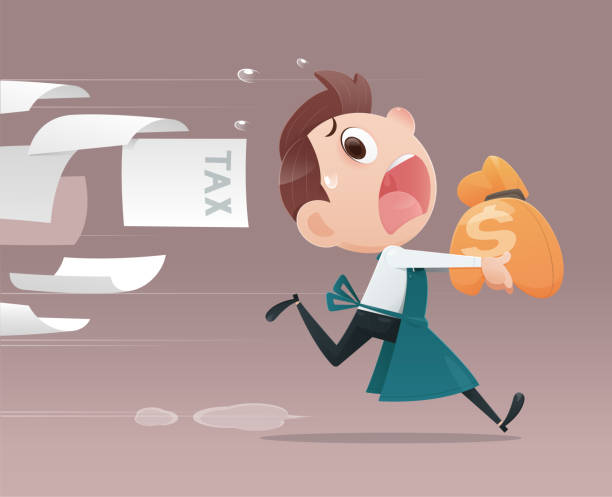The public outcry against Sound Transit’s unfair and excessive car tab taxes has painfully illustrated how public officials make life hard for working families when they impose high taxes. The one message the public has successfully delivered to lawmakers this session, big time, is that high taxes are deeply unpopular.
Fortunately, lawmakers from both parties are listening. There seems to be little or no appetite among state lawmakers to go on record supporting a tax increase. Senate leaders say a tax increase is not needed (state revenues are due to increase by $2.6 billion under current tax law), and so far House leaders have not even scheduled a vote on their budget plan to impose a further $4.8 billion in new taxes.
Still, House leaders are insisting that the McCleary school funding case requires Washington families to accept even higher business tax rates, higher sales taxes, and even an income tax on investments. The House budget would also repeal the popular 1% limit on annual property tax collections, a policy approved by voters in 2001 and confirmed by a bill passed by both parties and signed by Governor Gregoire in 2007.
State budget figures show that new taxes are not needed to comply with McCleary. Today, education spending is at an all-time high, having increased by 34% over the last four years. Current state spending on public education is $18.2 billion, or about $12,000 per student from all sources, the most money ever.
These spending levels are due to increase. Both the House and Senate budgets provide large increases for education, so we know school spending is going to go up. The Senate budget would increase education spending by $3.7 billion, an enormous increase, by providing levy equity across the state, and adding in law a guaranteed per-student funding level of $12,500.
This level of spending increase clearly meets the McCleary standard, coming as it does on top of huge spending increases in recent years, and can be enacted without increasing the tax burden state officials impose on the people of Washington. The House plan seeks to impose more taxes, but it also doubles down on the current system, providing no meaningful reforms. The Senate plan not only has the virtue of boosting education spending again, it would also provide progressive, forward-looking reforms, like guaranteeing a set per-student spending level for every student in the state, so every child learns.
The budget numbers amply demonstrate that state lawmakers can increase spending, comply with McCleary and enact meaningful education reforms...all without raising taxes.





